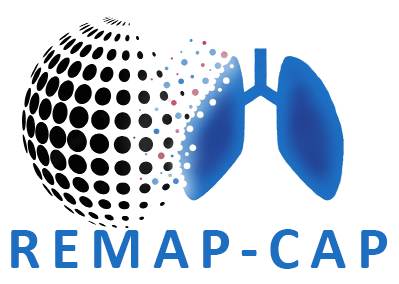Pandemic Preparedness
Influenza pandemics have been identified as one of the top 10 threats to global health by the World Health Organisation (WHO). However, influenza is not the only organism that may result in a pandemic. Global outbreaks of influenza or other pathogens are impossible to predict, spread rapidly, and can affect a large number of people. They therefore have the potential to cause high incidence of illness and associated mortality, and place significant strain on healthcare systems.
The majority of people admitted to Intensive Care Units (ICUs) during a respiratory pandemic are admitted as a result of community-acquired pneumonia (CAP).
A timeline of influenza pandemics since 1900. Influenza pandemics are estimated to have been responsible for over 100 million deaths in the last century.
The challenge for researchers
High quality clinical evidence, particularly about optimal treatment, offers the prospect of improved outcomes during a pandemic. However, because pandemics are unpredictable and emerge suddenly, it is important to have infrastructure in place in order to generate evidence about optimal treatment during the pandemic so that clinicians and policy-makers can utilise that information to improve patient outcomes.
One such challenge is the development of research infrastructure to investigate the best way of managing patients in the event of a pandemic. Using a conventional research paradigm, the design, ethical review and approval, and implementation of research may take months to complete, in which time many people may be affected or the pandemic may have even passed.
In the event of a pandemic, the time taken to design and implement a research project may mean that a large number of people are not included in the study.
The advantages of an adaptive trial
The novel design of the REMAP-CAP trial enables it to adapt in the event of a pandemic to evaluate the most relevant treatment options. This may include evaluating new interventions, evaluating the effect of existing interventions in patients with pandemic infection, and/or utilising different clinical end-points.
REMAP-CAP is an adaptive research platform that evaluates multiple treatment options, is operational in over 12 countries worldwide, and allocates patients to the intervention that is most likely to be effective. REMAP-CAP can be modified to provide an efficient way of generating time-critical clinical evidence to improve patient outcomes during a global pandemic.
Please click here to read about the response of REMAP-CAP to the 2019 novel coronavirus (COVID-19).


